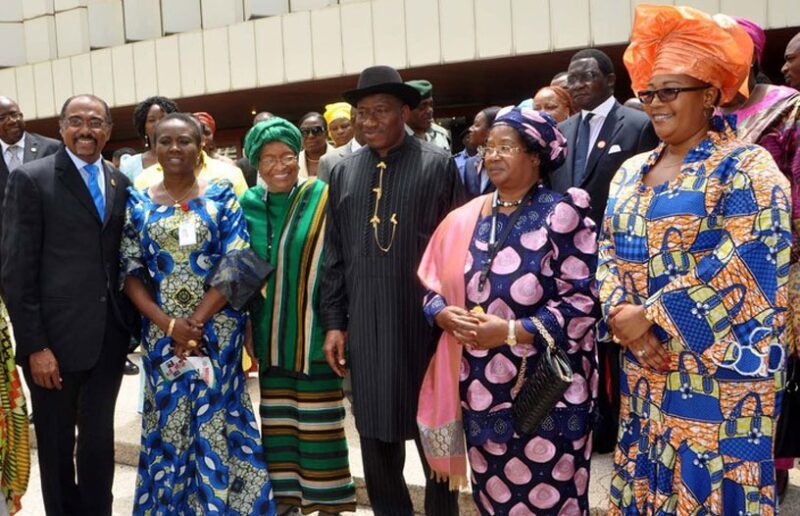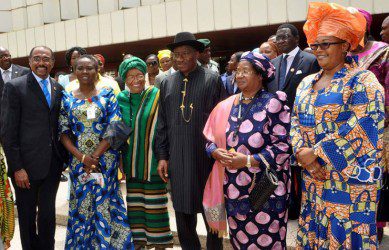Democracy & Governance
Gender Education for Poverty Alleviation in Nigeria.

As a result of economic crisis which has afflicted the country in the past one and the half decades, there is need for education to alleviate poverty in Nigeria. This economic crisis which has been due to global economic recession, poor and inconsistent government policies and particularly the World Bank/ IMF inspired Structural Adjustment Programme implemented by the General Ibrahim Babangida administration has been poverty pervasive in Nigeria.
Poverty in Nigeria must be seen in a broad context to appreciate its adverse effects on education. Nigeria has the largest population in sub–saharan Africa, with nearly 110 million in 1995 and over 150 million people as per 2006 census official figures. The economy is predominantly rural and agrarian and it used to be the mainstay but has now been largely abandoned for a mono product, petroleum. Nigeria’s complex political history and frequent abrupt changes in successive governments have often led to sudden shifts in economic and social policies resulting, in divestment and capital flight. Its income distribution is lopsided. As world Bank Report has succinctly noted, regional disparities and sociological factors, when combined with the differential impact of economic and social policies have clearly accentuated poverty across the country. Therefore, the challenge for poverty alleviation in Nigeria is not hit and miss policies as it was in the past, but that of adopting growth and social services oriented policies that will enable all its inhabitant to improve their welfare.
Gender issues affect economic as well as social development objectives. Gender issue is much more than an equity issue. This is because gender inequality in roles and rights of men and women affect economic growth as well as social stability and the well-being of the society.
A gender sensitive education for national development must among others, address issues relating to the low enrollment of female children in parts of the south Eastern States; low enrollment of female children in many parts of the Northern States. The situation has been aggravated by early marriages; inadequate and gender biased teaching and educational materials; sexual harassment and lack of adequate schooling facilities.
The logic behind gender concern in education for national development is born out of the desire for equal access, the need to harness and maximize the resources of the society so as to enhance complementary efforts, improve the quality of life and build a sustainable egalitarian society. To some extent and closely related to the issue of gender is that of poverty, which has become endemic in Nigeria and particularly among the rural women.
In effect, women education for national development as an instrument for poverty alleviation must target key issues like population control through education on fertility attitude and action; sanitation and hygiene habits for the control and prevention of the spread of disease; waste management, etc. To do this will require a fundamental restructuring of the curriculum at all levels of our educational system. The challenges, though daunting, are possible to overcome if education is to serve as a meaningful tool for national development.




















